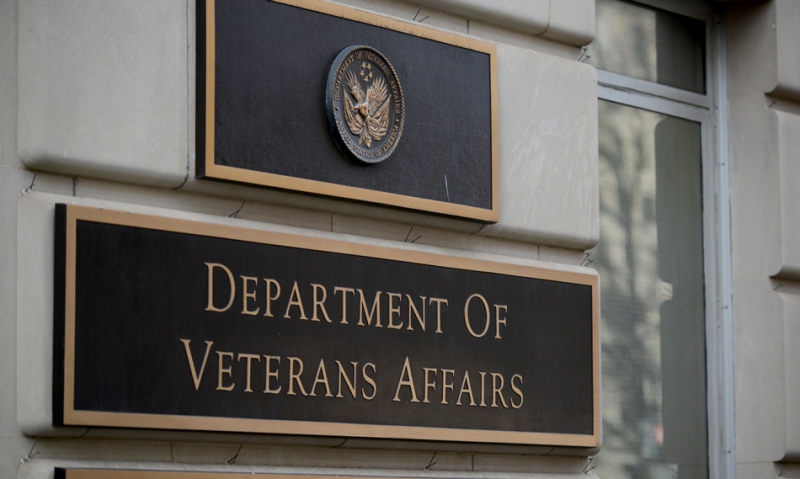
Legion supports quadrennial review for VA
At a Feb. 11 hearing by the House Committee on Veterans’ Affairs (HVAC) to examine the Department of Veterans Affairs (VA) 2016 budget needs, The American Legion showed its support for legislation that would upgrade VA transparency.
The measure, H.R. 216, would require VA programs to submit five-year plans to Congress that would address the country’s commitment to its veterans and identify the resources needed to meet that commitment.
Introduced by Rep. Corrine Brown, D-Fla., on Jan. 8, the bill would also require the VA secretary to conduct quadrennial reviews of the department’s strategy for meeting its commitment to veterans. Brown is HVAC’s ranking member; her bill should be marked up on Feb. 12 and recommended for passage by the full committee.
In its written testimony, The American Legion stated that events of the past year made it clear that “VA cannot afford to be run as an entity reactive to one crisis after another. Effectiveness stems from long-term planning, and to be truly effective, that long-term planning needs to include all stakeholders.”
As one of VA’s major stakeholders, The American Legion provides VA with about 900,000 volunteer hours annually at medical centers, community-based outpatient clinics, vet centers and other facilities – which saves VA about $20 million per year.
“That kind of coordination only works with open transparency,” the Legion stated, and urged VA “to adopt an open and freely accessible planning process, such as the quadrennial review proposed by Ranking Member Brown and endorsed by many members on both sides of this committee.”
VA Secretary Robert McDonald was the chief panelist at the hearing. He is requesting $168.8 billion for his department (including $73.5 billion for discretionary spending), an increase of 7.8 percent from fiscal year 2015.
VA’s Choice Card program also came up at the hearing. The Legion-backed program allows veterans to seek medical care from private practitioners if they have waited more than 30 days for a medical appointment, or if they live more than 40 miles from a VA medical facility.
The Legion expressed its opposition to a VA proposal that would “repurpose” some of the program’s $10 billion in funding. The proposal comes about six months after the Choice Card program was mandated by the Veterans Access, Choice and Accountability Act.
To address the claims backlog, McDonald is requesting an additional 770 full-time employees to work as benefits claims processors and fiduciaries for the pension program. VA workers have been putting in mandatory overtime since 2011 in their efforts to reduce the claims backlog.
The Legion supports VA’s request for more FTEs and noted that “mandatory overtime may provide a useful boost to push an organization through a tough patch, but four straight years of mandatory overtime indicates an organization that’s not going through a tough patch, it’s an organization that’s clearly understaffed.”
Another Legion-supported move is VA’s intent to bolster the role of decision review officers (DROs) in the claims appeal process. DROs, the Legion stated, can often resolve veterans’ appeals more rapidly than “the average VA rater” or the Board of Veterans Appeals.
“Reports have indicated in some offices the DROs have been reassigned to other tasks as the pressure mounts to work on initial claims,” the Legion stated. “It would be the hope of The American Legion that renewed interest in hiring and increasing the DRO force would allow (them) to return to their appeals duties, and help prevent a rising backlog in the appeals area.”
To read the Legion's testimony, click here.
